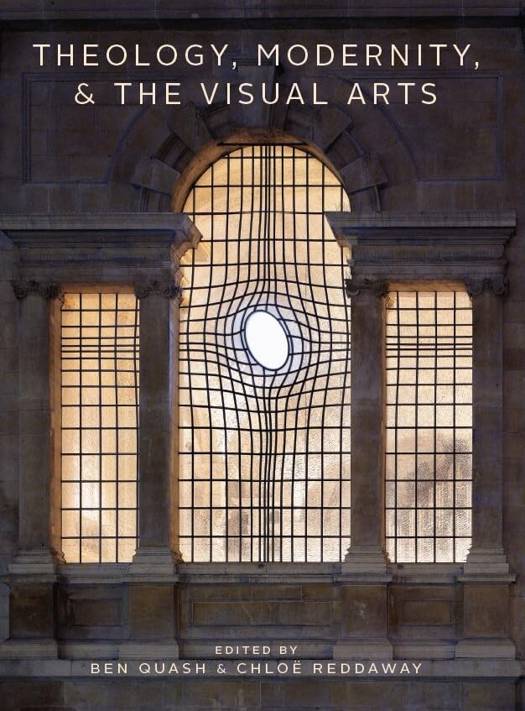
Je cadeautjes zeker op tijd in huis hebben voor de feestdagen? Kom langs in onze winkels en vind het perfecte geschenk!
- Afhalen na 1 uur in een winkel met voorraad
- Gratis thuislevering in België vanaf € 30
- Ruim aanbod met 7 miljoen producten
Je cadeautjes zeker op tijd in huis hebben voor de feestdagen? Kom langs in onze winkels en vind het perfecte geschenk!
- Afhalen na 1 uur in een winkel met voorraad
- Gratis thuislevering in België vanaf € 30
- Ruim aanbod met 7 miljoen producten
Zoeken
Omschrijving
Not only do the visual arts raise and explore some of the deepest questions of life and death, meaning and purpose, they are also the medium through which the 21st century is increasingly communicating. In the digital domain, where billions now interrelate, the visual arts have become a uniquely privileged form of exchange, particularly on a growing number of social media platforms. We are witnessing what in retrospect may look like a revolution in the use of visual imagery. Visual 'language' is becoming a new lingua franca that crosses geographical, historical, and cultural boundaries. Christian theology must ask how this new lingua franca can be 'spoken' with maximum nuance and integrity, as well as how (to quote Rowan Williams) it can be 'interrupted and transfigured by revelation'. Theology, Modernity, and the Visual Arts brings together a group of theologians, biblical scholars, art historians, and curators to consider what questions about Christ and modernity might be posed by the visual arts, and what truths about Christ and modernity they might ask us to face. Its authors explore modern and contemporary artists from Pablo Picasso to Kent Monkman and Paul Cezanne to Cornelia Parker, addressing questions of theory, practice, and interpretation. Their contributions are orientated by an enquiring and critical focus on how modern and contemporary visual art coexists with, counters, illuminates, and serves Christianity.
Specificaties
Betrokkenen
- Auteur(s):
- Uitgeverij:
Inhoud
- Aantal bladzijden:
- 330
- Taal:
- Engels
Eigenschappen
- Productcode (EAN):
- 9782503607122
- Verschijningsdatum:
- 31/05/2024
- Uitvoering:
- Hardcover
- Formaat:
- Genaaid
- Gewicht:
- 1610 g

Alleen bij Standaard Boekhandel
+ 265 punten op je klantenkaart van Standaard Boekhandel
Beoordelingen
We publiceren alleen reviews die voldoen aan de voorwaarden voor reviews. Bekijk onze voorwaarden voor reviews.









